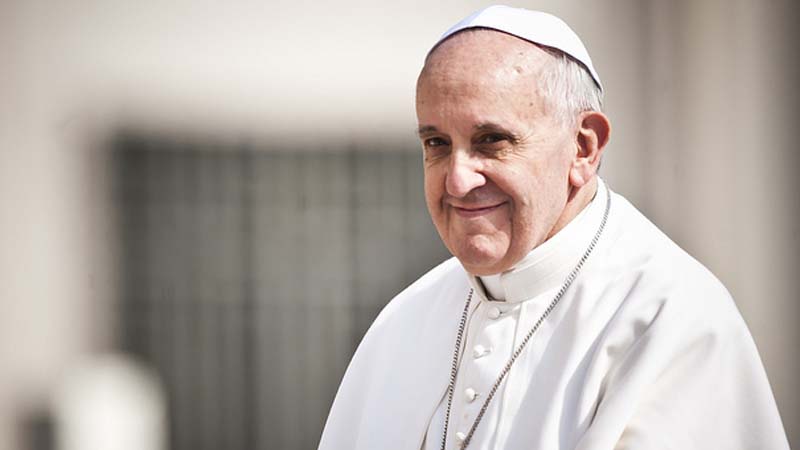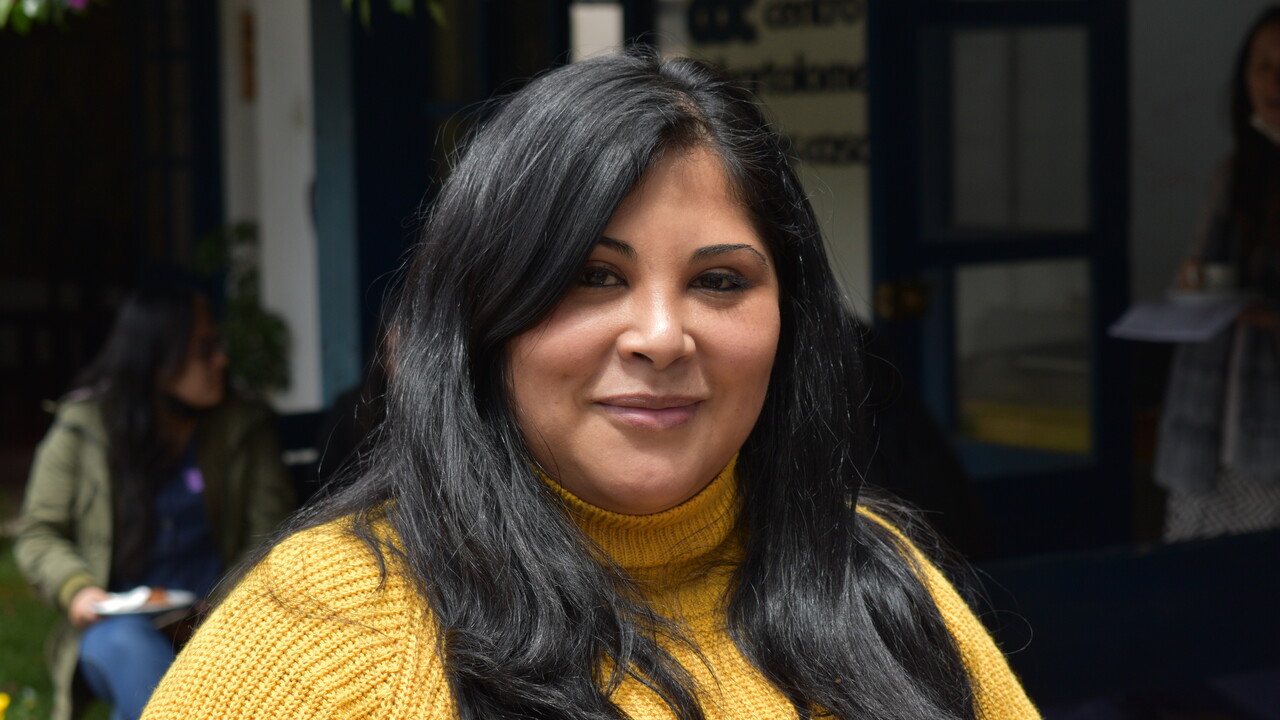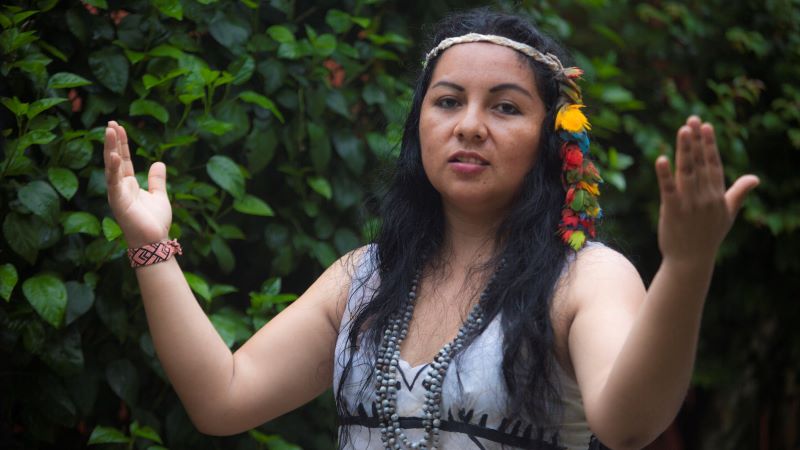Laudato Si’ and the notion of the common good

Pope Francis’ encyclical Laudato Si’ was published in 2015
Pope Francis’ Laudato Si’ encyclical was initially thought of as his ‘environmental letter’ about climate change. But as our understanding has grown, we recognise that it is so much more than that.
Across Latin America, indigenous communities have always had a close connection to ‘Mother Earth’ – recognising that by looking after our planet we are looking after ourselves too.
Our common home is everything
In Bolivia, CAFOD supports Caritas Bolivia to work with indigenous rural communities who are suffering rights abuses relating to their land and territories, using Laudato Si’ as its guiding compass.
The implications of the encyclical have profoundly changed the way Caritas Bolivia works, creating its ‘integral ecology’ social ministry team, not just promoting people’s rights, but also promoting care for our common home.
Mario and Violeta, staff members from Caritas Bolivia, shared with us their reflections.
Violeta says: “We understand that our common home does not just mean the environment – it’s everything: interpersonal relationships, our relationship with the common good, with the economy, with politics. We’re like guardians, like administrators of all of these gifts the Lord has given us. That’s how to understand integral ecology: respect, working as a community, working together with these gifts.”

Violeta works for Caritas Bolivia
“We understand that our common home does not just mean the environment – it’s everything: interpersonal relationships, our relationship with the common good, with the economy, with politics”
The common good is rooted in the cultures of indigenous peoples
Mario adds: “I’d like to thank CAFOD – our work together has allowed us to strengthen our commitment to Our Common Home – strengthen Caritas Bolivia’s ecological ministry.”
He goes on to say, “One of the precepts of Catholic Social Teaching is the notion of the common good – common ownership. This is rooted in the cultures of indigenous peoples. In their own practices and customs, they have a concept of living as a family, sharing things in common. Benefit isn’t individual, it’s for all.
“Indigenous peoples are defenders of life more than anything. They don’t act for their own good, but for everyone’s good. They just want to live in peace.”

Mario works for Caritas Bolivia
“One of the precepts of Catholic Social Teaching is the notion of the common good – common ownership. This is rooted in the cultures of indigenous peoples.”
Care of our common home is everyone’s responsibility
In Peru, Yesica – from the Amazonian Harakbhut indigenous community – has been working with our partner CAAAP, encouraging dialogue with local Amazonian churches and indigenous communities.
Yesica says: “We, the indigenous peoples, have always lived in full harmony with nature. From our ancestors and our cosmovision, we believe that the forest is our home, the river is our brother, as are all animals and creatures that live in the Amazon rainforest.”


Yesica met Pope Francis when he visited Peru
“Laudato Si’ is very important for indigenous communities because it talks about Our Common Home and indigenous people have always looked after the forest”
Yesica met Pope Francis when he visited Peru, and again in Rome during the Synod in the Amazon in October 2019.
She feels that indigenous people’s cry has been heard by Pope Francis, and translated Laudato Si’ into her community’s own language saying:
“Laudato Si’ is very important for indigenous communities because it talks about Our Common Home and indigenous people have always looked after the forest. It talks about what we should do, and the Pope calls us to find a form of development [..] that contributes to the care of Our Common Home. As Pope Francis says, [the planet] is our common home. It is where we live, where we breathe, it is our legacy for our children. The care of our common home is everyone’s responsibility.“
Celebrate the anniversary of Laudato Si’
We pray that, by continuing to raise awareness of the need to care for our common home, that we may indeed have ‘Hope for the Earth, Hope for Humanity’.